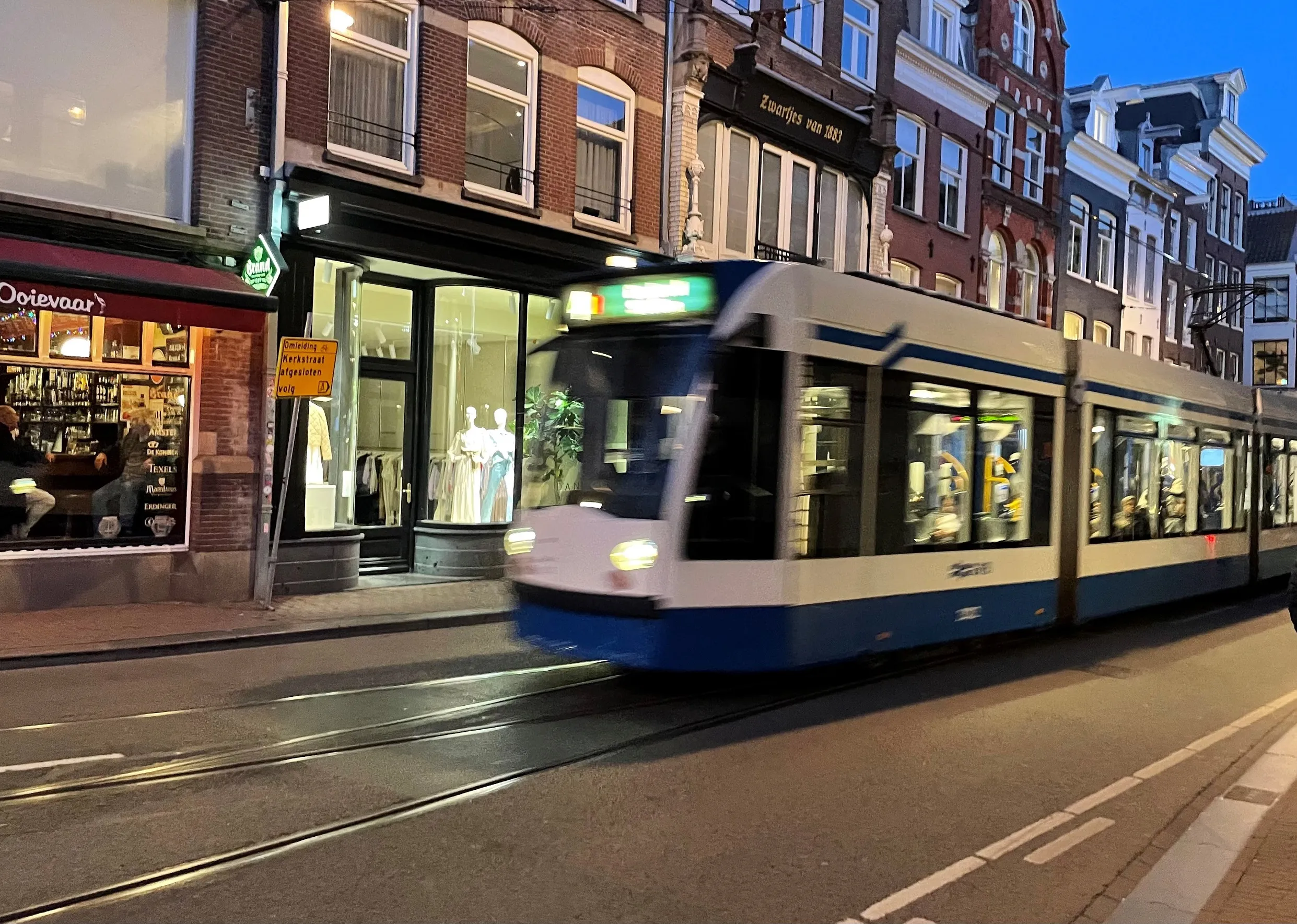The
Selected projects will contribute to modernising rail lines, removing bottlenecks and improving cross-border connections, installing alternative fuel supply points, as well as implementing innovative traffic management solutions. This investment is made under the Connecting Europe Facility, the EU's financial mechanism supporting infrastructure networks, and will unlock US$5.3 billion (€4.7 billion) of public and private co-financing. Such investment will not only modernise Europe's transport network but also stimulate the economic activity and spur job creation.
Selected projects are mostly concentrated on the strategic sections of Europe's core transport network to ensure the highest EU added-value and impact. The largest part of the funding will be devoted to developing the European rail network, decarbonising and upgrading road transport and developing intelligent transport systems and deploying air traffic management systems.
Actions include flagship initiatives such as the upgrade of the over 100 km-long Białystok-Ełk rail section in Poland; modernisation of ATM systems in EU Member States; full expansion of the Karawanken road tunnel linking Slovenia and Austria; development of a high-speed electric vehicle charging network across Sweden, Denmark, Germany, France, the United Kingdom and Italy.
EU Commissioner for Transport Violeta Bulc said: "The demand for investment in transport infrastructure is huge. This new wave of investment focuses on clean, innovative and digital projects to modernise Europe's transport network. Today we are one step closer to a true Transport Union, serving the needs of citizens, stimulating the economy and creating jobs. Looking ahead, I am inviting stakeholders to make best use of the remaining funds, using blending to maximise impact and leverage all possible resources."
EU proposes to spend €2.7 billion for 152 transport projects
The European Commission is proposing to invest US$3 billion (€2.7 billion) in 152 key transport projects that support competitive, clean and connected mobility in Europe.
June 29, 2017
Read time: 2 mins









